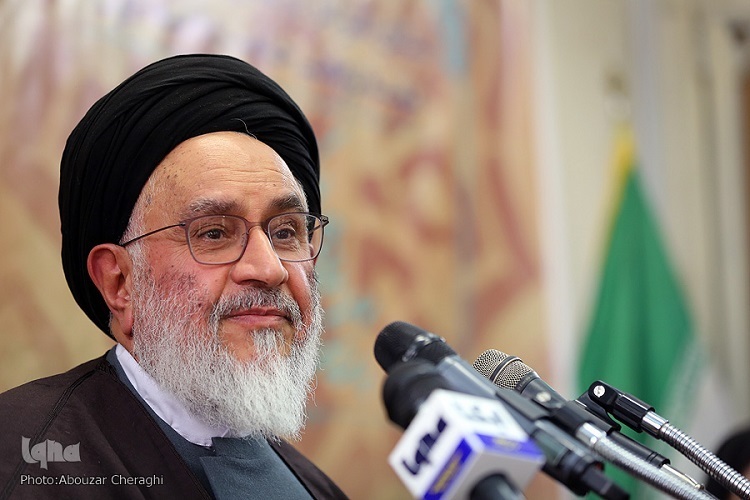Islamic Scholar Says AI Cannot Replace Human Reason or the Spiritual Soul

Ayatollah Mostafa Mohaghegh Damad, a prominent seminary and university scholar, delivered the remarks on Wednesday at a conference on the “Scientific and Philosophical Foundations of Artificial Intelligence,” where he spoke on Islamic philosophy’s view of AI.
He opened his speech by stressing that his familiarity with AI’s technical details is limited. He said this was “not due to any neglect” by himself or philosophy scholars, but because of “the astonishing speed of technological progress, especially in artificial intelligence,” even though he personally uses the internet and related tools.
Mohaghegh Damad added that in the future, a person unfamiliar with AI may be viewed much like someone who cannot read or write. He said Islamic philosophers such as Avicenna, Farabi, Mulla Sadra and Nasir al-Din Tusi each developed schools of thought capable of responding to new questions across centuries.
The scholar said that Islamic philosophy must also be applied to today’s questions. He pointed to Avicenna, who in his book al-Isharat argued that existence is not limited to material beings and that immaterial beings also exist.
Read More:
According to Avicenna, humans combine a material aspect — physical traits such as color, height and appearance — and an immaterial one, the soul. “Just as the eye is an instrument of the soul for seeing, the brain is an instrument of the soul for decision-making,” he said.
He noted that Avicenna presented several arguments for this view, the main one being that humans perform actions that matter alone cannot produce, with the most important examples being “thought and knowledge.”
Avicenna and Mulla Sadra both believed that thought and knowledge have no material place and exist within the soul, which is immaterial. When the brain is damaged, he said, forgetfulness occurs because the instrument that expresses the soul has been impaired.
Read More:
Ayatollah Mohaghegh Damad emphasized that reason and intellectual reflection are central to Islamic arguments for the existence of an immaterial soul. He said this raises a difficult question: if AI can think like a human being, then “all theories of Avicenna and Mulla Sadra collapse — unless we say this machine can even fall in love with beauty!”
He added that based on what he has learned from AI experts, the “central point” is still held by humans, and AI has not yet reached the level of human reasoning.
Mohaghegh Damad then explained the difference between thinking and reasoning in Islamic philosophy. The core proof for the immaterial soul is reasoning (ta‘aqqul), not simple thinking (tafakkur).
So far, AI can think, he said, but it cannot reason. He cited the classic example: “If A equals B and B equals C, then A equals C.” This is a thinking process. “As Hajji Sabzevari said, thought is a movement from initial premises (data) toward the intended conclusion. A machine does this as well, but can it reason? Can it grasp universal concepts?”
Read More:
He explained that a cup is a particular object, while the concept of a cup is universal; every human being is an individual, while the concept of “human” is universal. The ability to perceive shared qualities and abstract universal concepts from particulars is something AI still cannot do. The study of universals, he added, is one of the most profound areas in Islamic philosophy, and Muslim sages have excelled in clarifying it.
He added that AI “does not generate data” but requires data to be given to it in order to produce results. For this reason, he said, Islamic philosophy faces no major challenge in explaining the relationship between human beings, the soul and artificial intelligence.
4316380



